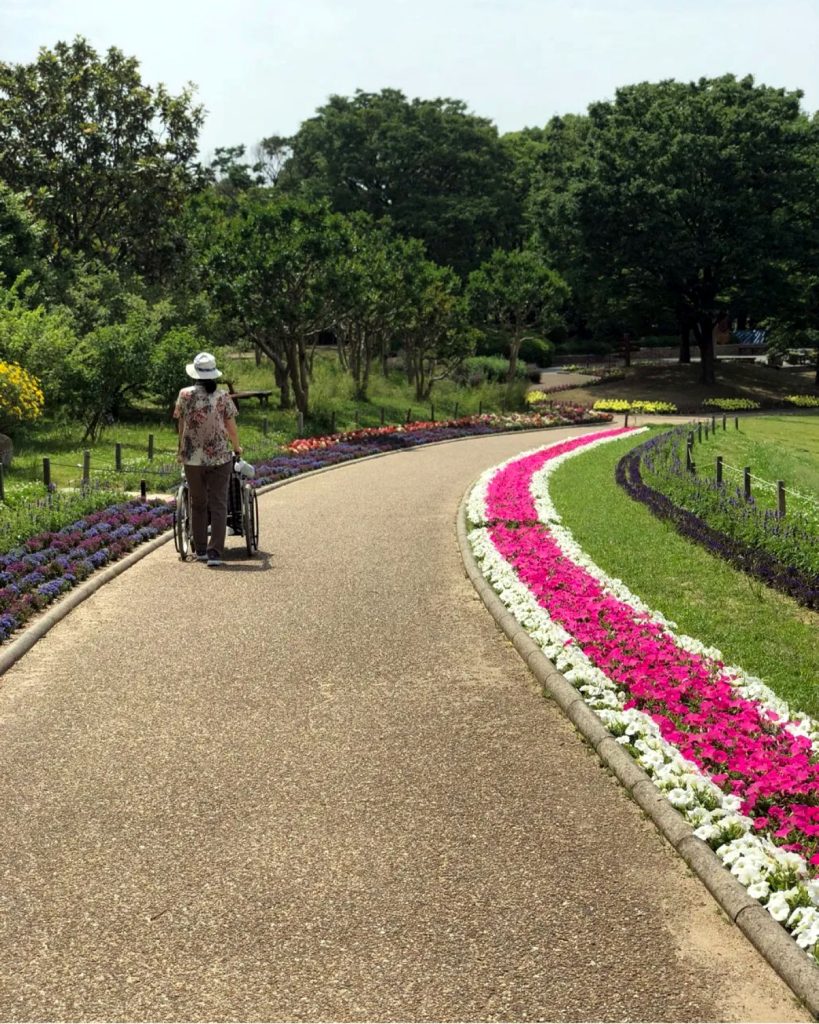
According to the “Simplified Life Table (Reiwa 4)” by the Ministry of Health, Labour and Welfare, the average life expectancy of Japanese people in 2022 (Reiwa 4) is 81.05 years for men and 87.09 years for women. In 1955, the average life expectancy was 63.60 years for men and 67.75 years for women, both in their 60s. This means that in the 67 years, the average life expectancy has increased by about 17 to 20 years. The Ministry of Health, Labour and Welfare estimates that the average life expectancy in 2040 will be 83.27 years for men and 89.63 years for women, predicting that the average life expectancy of Japanese people will continue to increase.
The reasons for the continuous increase in the average life expectancy of Japanese people include:
1. Advances in medical technology,
2. Decrease in infant mortality rate,
3. Improvement in living environments.
However, as the average life expectancy has increased, various problems that were not previously experienced have arisen. One example is dementia. When the average life expectancy was in the 60s, many people died before developing dementia. However, with the average life expectancy reaching the 80s, it is natural that more people will develop dementia as brain functions decline. This brings the issue of healthy life expectancy into focus. Healthy life expectancy is an indicator that represents the average period a person is expected to live in good health. In Reiwa 1, the healthy life expectancy for Japanese people was calculated to be 72.68 years for men and 75.38 years for women. Given that the average life expectancy in Reiwa 4 is 81.05 years for men and 87.09 years for women, there is a gap of about 9 to 12 years between average life expectancy and healthy life expectancy. Healthy life expectancy can be extended through dietary habits, exercise habits, and quality sleep. These actions also contribute to daily health maintenance, making it important to engage in them proactively.
厚生労働省の「簡易生命表(令和4年)」によると、2022(令和4)年の日本人の平均寿命は男性が81.05歳、女性が87.09歳です。1955年時点では男性63.60歳、女性67.75歳といずれも平均寿命は60歳台でした。67年間で17~20年間ほど平気寿命が延びたことになります。なお、厚生労働省では2040年の平均寿命を男性で83.27歳、女性で89.63歳と推計しており、今後も日本人の平均寿命は延びていくと予測しています。日本人の平均寿命が延び続けている理由は、
1. 医学医術の進歩
2. 乳児死亡率の減少
3. 生活環境の整備
があげられます。
ただ平均寿命が伸びたが故に、今までに経験しなかった様々な問題が生じています。一つ例を挙げれば痴呆症です。平均寿命が60代なら、多くの人が痴呆症に罹る前に亡くなったわけですが、平均寿命が80代にもなれば、脳の機能も衰え、痴呆症に罹る人が増えるのも当然です。そこで問題になるのが健康寿命です。健康寿命とは、ある健康状態で生活することが期待される平均期間を表す指標のことです。令和元年における日本人の健康寿命は、男性が72.68歳、女性が75.38歳と算定されています。令和4年の平均寿命が男性81.05歳、女性87.09歳であることを踏まえると、健康寿命との間には約9~12年もの差があります。健康寿命は食習慣や運動習慣、良質な睡眠などによって伸ばすことが可能です。これらは日々の健康づくりにも役立つ行動ですので、積極的に取り組むことが大切です。
